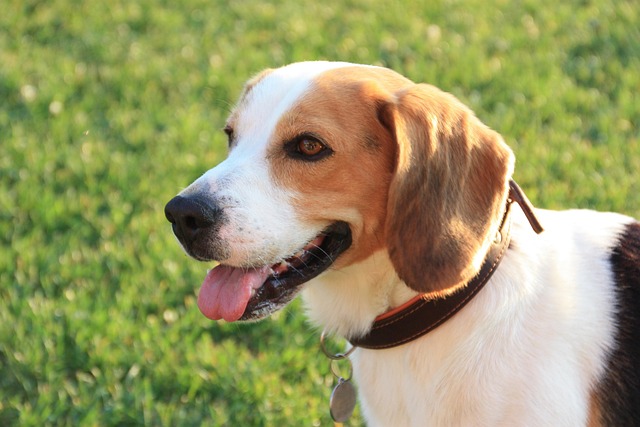
How can I tell if my dog's heatstroke is serious
Let’s be real: It’s a sticky August morning in Los Angeles, and you took your 2-year-old Golden Retriever, Max, for a walk a little later than usual
I’ll never forget the call from my neighbor in Denver last winter—her 2-year-old Poodle, Max, wouldn’t touch his favorite chicken treats and kept hiding under the bed. “He just looks sad,” she said, voice tight with worry. When dogs feel sick, their bodies send clear signals: loss of appetite, lethargy, or unusual behavior, much like how we drag ourselves to work when fighting a cold. Their immune systems kick into high gear, redirecting energy to healing, which is why rest becomes critical. Create a cozy nest in a quiet corner—layer his bed with an old blanket (your scent calms them) and keep the room temperature steady, around 70°F. Offer small sips of water frequently; dehydration worsens illness, vet studies confirm. And remember: that rabies vaccine you got last month? It’s not just law in Colorado and 49 other states—it prevents deadly diseases that mimic common sickness symptoms, so keep those vet records handy for quick reference. By day three, Max was nibbling on rice, and by week’s end, he was back to stealing socks.

Knowing when to call the vet can be tricky. If your dog vomits more than twice in 24 hours, has diarrhea with blood, or refuses water for 12+ hours, don’t wait. Last spring, my cousin in Seattle almost waited too long with her Beagle, Daisy, who had a low-grade fever. The vet caught a bladder infection early, prescribing antibiotics that cleared it up in days. Never give human meds—ibuprofen can damage their kidneys, and even a single Tylenol dose is toxic for cats (and risky for small dogs). Here’s the golden rule: when in doubt, call your vet. Most clinics offer free phone consultations, and in states like California, many require emergency after-hours services. And even if Max snaps at you when you check his ears? Stay calm. Punishing a sick dog confuses them—they don’t connect scolding with being unwell. A gentle “it’s okay, buddy” works better than frustration.
Apartment living adds extra layers when your dog is under the weather. That tiny Yorkie in my building whined through the night when sick, so his owner put a white noise machine by his bed to muffle sounds for neighbors. If your dog has accidents (even the best-trained ones do when ill), clean immediately with enzyme cleaners—landlords in Boston and NYC often note pet stains in leases, and proper cleaning prevents odors. When walks are necessary (for bathroom breaks), keep them short. Clip a “sick pup” bandana on his collar—fellow dog owners in the park will give you space, and you’ll still need those poop bags (fines for not cleaning up in Chicago start at $50, even for sick dogs). My neighbor learned this: a quick 5-minute potty trip, with extra wipes in her pocket, kept everyone happy—Max, her, and the downstairs tenant.

Let’s be real: It’s a sticky August morning in Los Angeles, and you took your 2-year-old Golden Retriever, Max, for a walk a little later than usual

You're enjoying a summer afternoon at the park when you notice your dog has stopped panting and appears disoriented - their gums are bright red

Let’s paint the picture: You’re in your Denver apartment, watching your 4-year-old Boston Terrier, Ruby, plop down mid-play session with her favorite toy

Many dog owners notice their pets nails seem shorter after regular walks,but how much does this daily activity actually help?The answer depends on where you walk—concrete sidewalks or asphalt streets gently file nails as a dog's paws hit the ground

Most dog owners notice their pup scooting across the carpet at some point, but few connect it to impacted anal glands. These small sacs near a dog’s rectum secrete a scent for marking territory

Most vets agree that regular dog teeth cleaning is key to avoiding painful dental issues later. For healthy adult dogs, a professional cleaning at the vet’s office every 12 to 18 months usually works well.